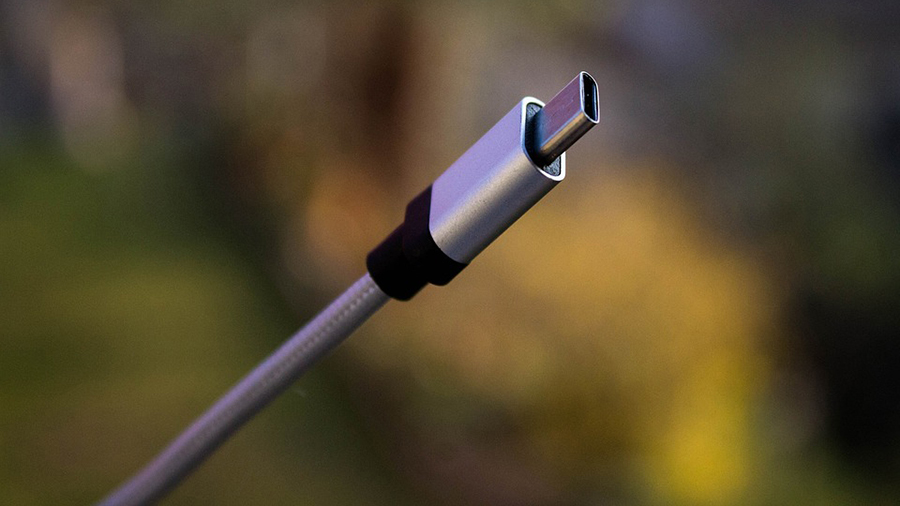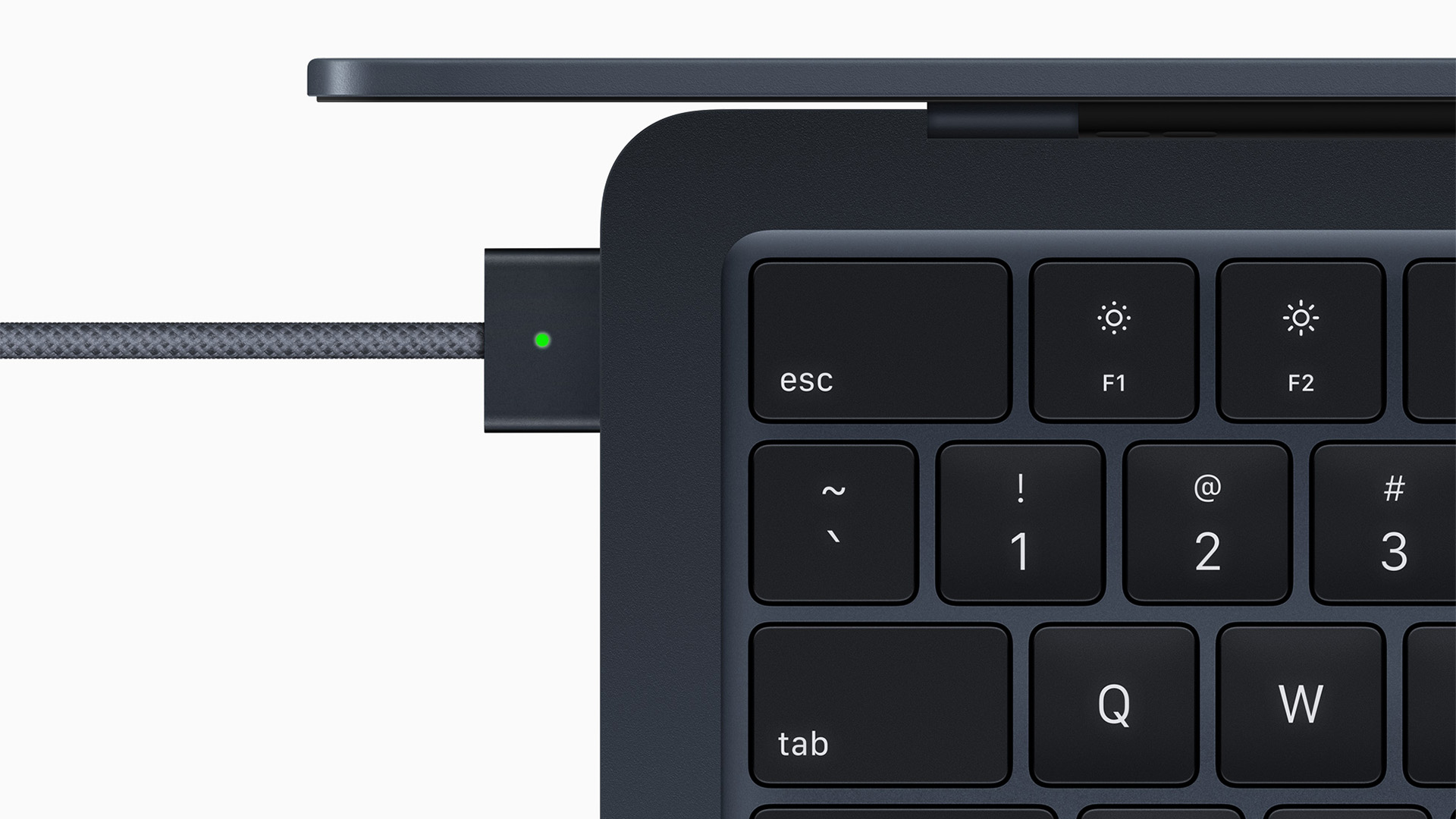New USB-C rules in the EU could affect the iPhone 14 and future Macs
Portable devices in the European Union will need to use a USB-C charger, with laptops to follow


If Apple wants to sell its next iPhone in the European Union this autumn it may have to adopt a USB-C charging port. A provisional agreement will require all new portable electronic devices to use a USB Type-C charger.
The ruling is due to cover not just mobile phones but also tablets, headphones, portable game consoles and portable speakers. While many companies have already moved to a USB-C port for charging, Apple's Lightning port would presumably not be acceptable – even if its power lead has a USB-C on the wall end.
There has been much debate about whether the next iPhone – expected to be the iPhone 14 – would finally adopt the USB-C port as Apple's iPads have already made the switch. However, this news from Europe could be the tipping point.
While the EU rule won't affect sales in the United States or UK (though, could potentially affect Northern Ireland), Apple is unlikely to produce a separate version purely for the European market.

Could Apple's return to MagSafe be affected?
One interesting addition in the report from the BBC is that laptops would also be forced to follow the ruling but given a further 40 months to make the change. That means that even if the rule came into effect this autumn, new laptops wouldn't need to use USB-C charging until spring 2026.
Apple's current line-up of MacBook Pro models already uses USB-C charging, though the newly announced MacBook Air M2 saw a return to a proprietary MagSafe charging option. Of course, even the new MacBook Air is able to charge by USB-C, through its Thunderbolt ports, which may be enough.
The agreement also requires new products to be made available without a charging lead included. This is aimed at reducing waste, so not supplying a lead if the user already has one. As this simply allows the companies to take the cable out of the box, I doubt this will be an issue for many.
Get all the latest news, reviews, deals and buying guides on gorgeous tech, home and active products from the T3 experts
As I've previously stated, Apple could circumvent the rule by moving to purely wireless charging – as the rule only covers wired options. However, that seems unlikely, at least for this year's phones.

As T3's Editor-in-Chief, Mat Gallagher has his finger on the pulse for the latest advances in technology. He has written about technology since 2003 and after stints in Beijing, Hong Kong and Chicago is now based in the UK. He’s a true lover of gadgets, but especially anything that involves cameras, Apple, electric cars, musical instruments or travel.